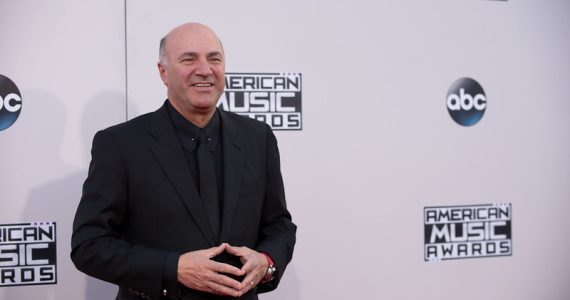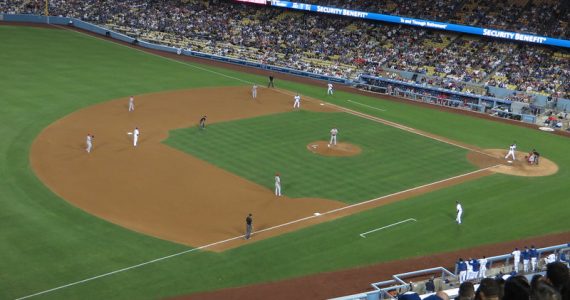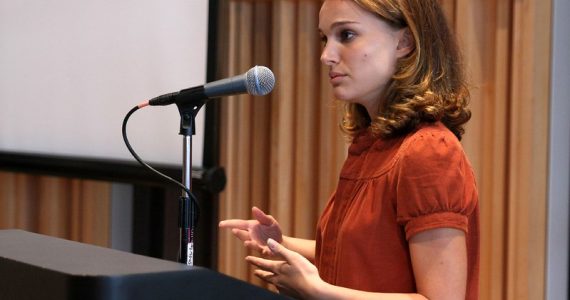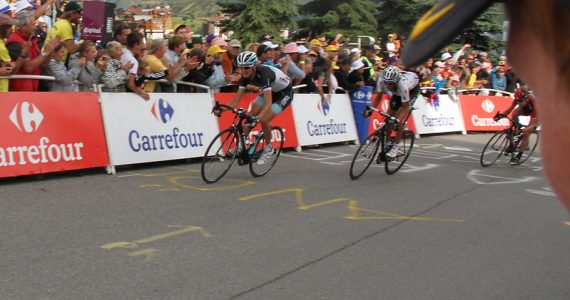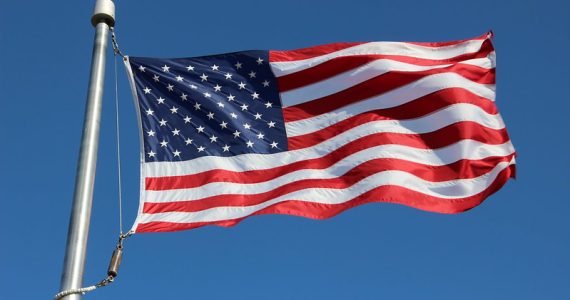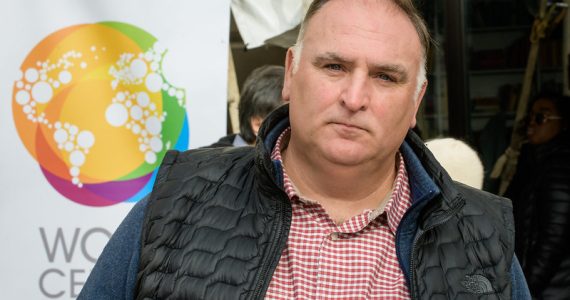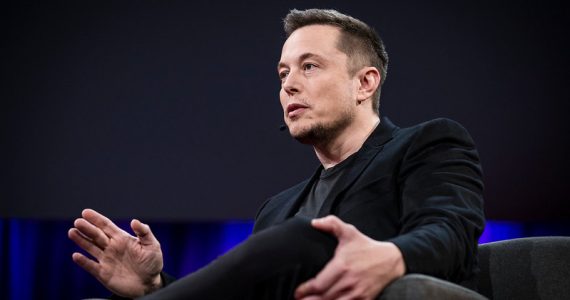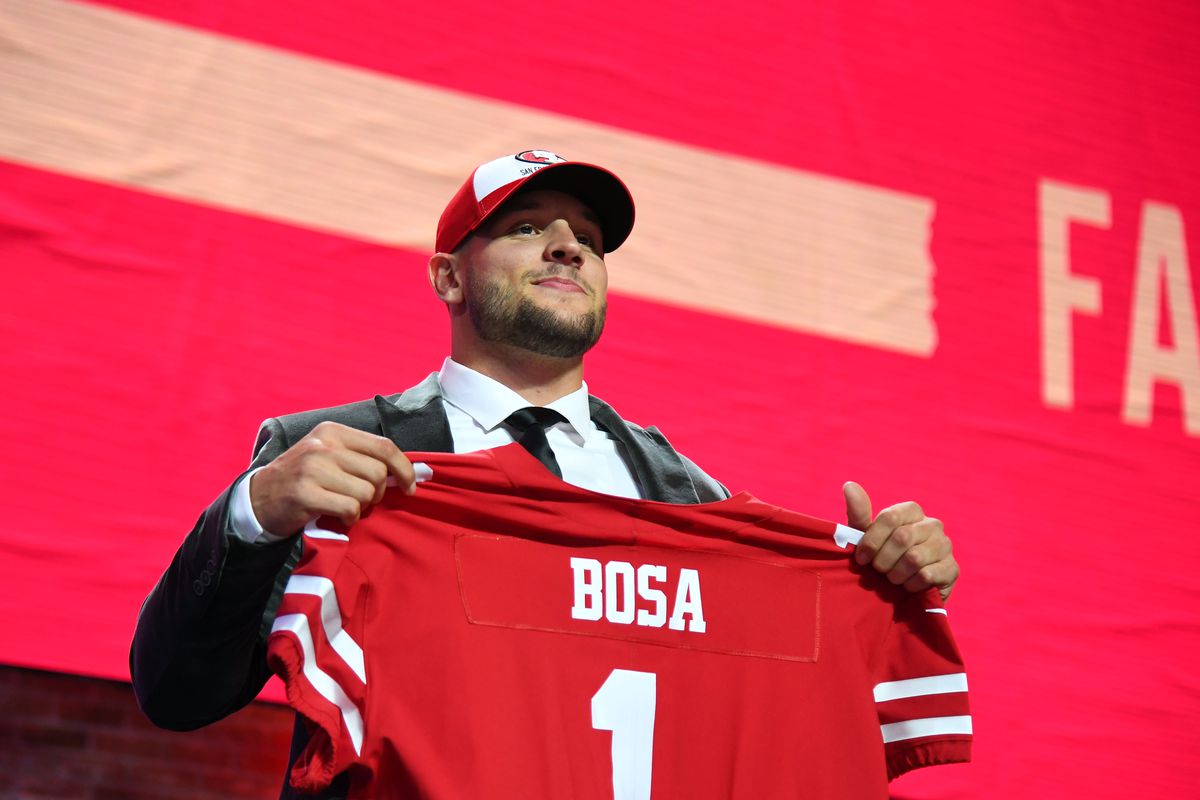
If you go down the rabbit hole and examine some of your closest relatives or ancestors you might discover something about them, whether they did something uniquely good or extraordinarily evil.
If they fall into the inherently evil category then it’s information that you either can’t help or even rather don’t know. Or both.
And that’s certainly the case for NFL star brothers Joey and Nick Bosa’s great grandfather. You’ll never believe who he was.
We all have skeletons in the closet and some of the time it’s from our own doing or maybe it’s some controversial action by someone in your family tree.
You might not know that actor Woody Harrelson – known for “Zombieland,” “Cheers” and about a hundred other projects – has a shaky family history.
Woody’s estranged father, Charles Harrelson, was an infamous organized crime figure who was convicted of assassinating a federal judge, John H. Wood Jr. (the first one to be assassinated in the 20th century) in 1981.
There were also allegations that Charles Harrelson played a significant active role in the assassination of former President John F. Kennedy in November 1963. Charles actually admitted to killing Kennedy but 17 years later said he claimed he had said that because “At the same time I said I had killed the judge, I said I had killed Kennedy, which might give you an idea to the state of my mind at the time,” and said that the statements made during the standoff were “an effort to elongate my life.”
Joey and Nick Bosa’s great-grandfather was a similar character.
Sports Illustrated opened their wonderfully written explosive piece on the Bosa family with, “In the first round of the 1987 draft, the Dolphins used the 16th pick to select John Bosa, a defensive end from Boston College. Miami again drafted 16th the following year, choosing Eric Kumerow, a linebacker from Ohio State whose father and uncle had been NFL offensive linemen. In ’93, Bosa married Kumerow’s sister, Cheryl, and they had two sons, Nick and Joey.”
Clearly, they have a long history of football tradition in the Bosa family.
His name was Tony Accardo and he, “didn’t get the mob handle Joey Batters for his proficiency at baking muffins. And the same ruthlessness that earned Accardo his nickname and a place on Al Capone’s org chart was on full display a half-century later.”
Yes, Joey and Nick’s great grandpa was Al Capone’s guy – his bodyguard – if you can believe that.
In a biography called “Capone,” Accardo was, “sometimes seen in the lobby of the Hotel Lexington with a tommy gun across his knee.”
And if you’ve ever seen Tom Hanks’ epic performance in “Road to Perdition” then you’d know that Accardo wasn’t just a bodyguard; he was also the guy to “perform tasks” for the mob legend – as in, an assassin.
The article also noted, “By some accounts he helped plan the 1929 St. Valentine’s Day Massacre, when Capone’s soldiers, dressed as police, killed seven members of Bugs Moran’s rival bootlegging gang. Days later Accardo figured prominently at a dinner that had been arranged both to celebrate Capone’s consolidation of power and to deal with two troublesome capos.”
This event was actually portrayed in Brian de Palma’s 1987 film “The Untouchables” (Kevin Costner, Sean Connery) when “Accardo” (obviously being unapologetic about referencing the real man) took some men out back and bashed their skulls in with a baseball bat saying, “Boy, this kid is a real Joey Batters,” – his nickname.
And here’s where things get even more thoughtful and expansive.
Like Tom Hanks’ character, Michael Sullivan, in “Road to Perdition,” Accardo was no dummy. It’s not like he was just muscle. No, he was smart.
Sports Illustrated’s Jon Wertheim wrote, “Accardo was, really, more brain than muscle. His specialties: understanding legal loopholes, expanding the mob’s reach and prospecting for new revenue streams. He was particularly involved in the gambling racket around Chicago, at one point overseeing an estimated 7,500 mob-controlled businesses that offered games of chance.”
It makes you kind of wonder about the power dynamic in mafia organizations.
What do movies make you think about the “muscle” in mafia movies?
They’re dumb degenerates who are only hired to do one job. In “The Godfather” this kind of stock character is utilized frequently. In “Goodfellas” those kind of “muscle” characters are expendable. In fact, in “most” mafia movies that is a generic writing tactic.
But apparently that’s not real life, is it? Or, maybe Accardo was the exception.
Wertheim intelligently noted, “While Capone was a model of public flamboyance, Accardo cut the opposite figure, never granting interviews and living by the credo ‘keep your head down.’ On the rare occasion when he appeared in public, he typically wore a hat pulled low and sunglasses shrouding his face.”
That’s the face-behind-the-face sort of mentality in the same way “behind every man is a strong woman.” It’s funny – and maybe right-on with de Palma’s analysis of the most sadistic crime boss in American history, Al Capone, being portrayed as a buffoon in “The Untouchables” – that the real intelligence in a crime syndicate isn’t the face of it, but the people pulling the strings behind the scene.
Chicago author and historian note, “Accardo may not have had Capone’s mystique, but he was extraordinarily powerful. Remember, you’re talking about a time when the Chicago Outfit”—as Illinois’s multiethnic crime syndicate was known—‘was so powerful that the newspapers had reporters whose only beat was covering the mob.’”
Apparently, Accardo was a genius.
Wertheim also wrote, “Under Accardo the Chicago Outfit moved from bootlegging and assorted acts of violence to more sophisticated ventures. (As Ricca once put it, ‘Accardo had more brains for breakfast than Al Capone had in a lifetime.’) By penetrating labor unions, expanding gambling ties and establishing a beachhead in a newly minted city of sin, Las Vegas (with an equity stake in the Stardust Hotel), the Chicago Outfit came to resemble a conventional business. And Joey Batters was the unquestioned CEO. When mob historians refer to him as perhaps the most powerful American underworld figure of the 20th century, it is not hyperbole. New York City may have had a bigger organized crime scene, but that was split among five families. In Chicago, for all intents, there was just one boss.”
Despite his “muscle” reputation, Accardo was the boss.
That’s in direct opposition to the way journalists portrayed Capone as being the most despicable person in organized crime history. Maybe if they did a little bit more research then they would’ve discovered who was the real brains behind the operation.
That’s not surprising though. In fact, it’s a direct parallel to President Trump’s administration and the way journalists try to make a name for themselves – attempting to piggyback off of controversy directly stirred by them. You see this all the time amongst, specifically, liberal journalists in the Trump era. It’s not that Trump isn’t the brains behind the operation but they portray him as being the biggest bonehead in the entire history of presidency in the United States.
They also want to paint Trump as some sort of crime syndicate mafia boss because it will propel their careers to superstardom if they’re right. Another thing they did was attempt to use his relationship with infamous prosecutor and defense attorney, Roy Cohn, as an excuse to paint him in such a way. Cohn was a prosecutor. He famously convicted Julius and Ethel Rosenberg of espionage, which later resulted in their state execution, but he also defended some very well known mafia personas.
So what the liberals loves to insinuate is that the apple doesn’t fall far from the tree. If Roy Cohn was an objectionable character, then his friend, Donald Trump, is the exact same corrupt person in a grotesque kind of way.
And with the recently released Robert Mueller report, the liberal media did the same thing and clamored over things that just simply weren’t there.
They reached. The liberal media does that because if their delusion isn’t right then they’re frauds. So what would anyone do to protect their name in that situation? They reach further – hoping to be proven right.
This is a direct parallel to the Accardo and the Bosa family.
The San Fancisco 49ers second overall pick in the 2019 draft was Nick Bosa. Nick’s pick was surrounded with controversy, however, because he’s a Trump supporter.
Nick has been unapologetic about it until lately when he was forced to delete his tweets because he admitted if he went to the 49ers then it might stir some controversy about his political affiliation.
San Francisco is one of the most liberally progressive cities in America today and if his philosophies don’t fall in line with theirs then there is a big problem. He noted that and that’s the reason why he deleted his viewpoints on social media.
Of course, the president was insinuated as a racist because he also didn’t congratulate the first overall pick, Kyler Murray – who happens to be African American – on his accomplishment as well.
The reason why he didn’t congratulate Murray wasn’t personal or race-related; it was simply because the liberal sports media has painted Nick Bosa as some unwanted racist. So he was congratulating Nick on defying the odds because he may just be really unpopular in the locker room because of his political views.
But Joey and Nick never met their great grandfather. It’s such a weird thing to be held accountable for your ancestors’ actions and apologize for it even though you had no direct influence on it.
Still, you can’t judge and you shouldn’t, but Nick and Joey Bosa’s great-grandfather had an incredibly controversial and colorful life.


